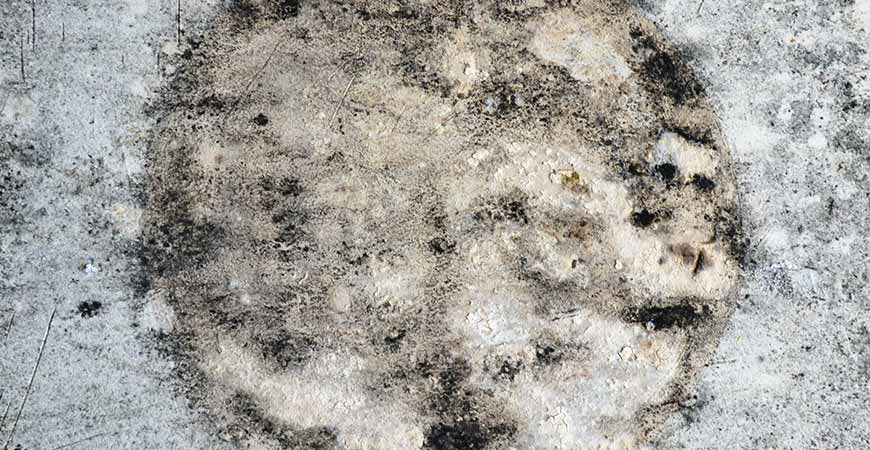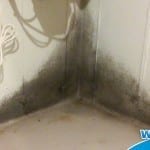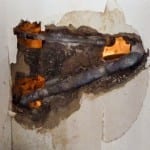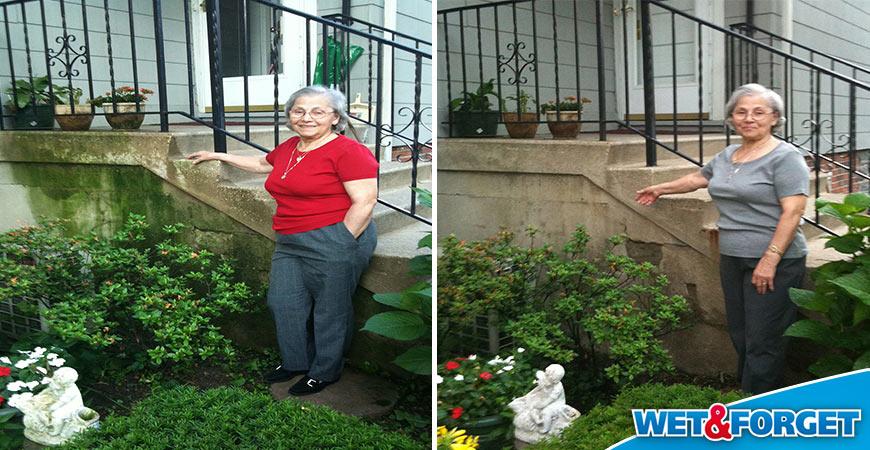
4 Reasons you Can’t Afford to Ignore that Musty Odor in your Home
Sometimes everything can look okay around your home, but your nose may tell you something different. A musty odor can be a sign of a few different problems that can lead to very costly home repairs or even health issues for your family.
Read on to see the 4 reasons you can’t afford to ignore that unpleasant smell!
1. Musty Odor: Mold and Health
A musty odor in your home likely means mold and mildew are growing somewhere. “Mold” and “mildew” are words we use to talk about fungal growth that can occur indoors or outdoors. Too much indoor mold growth can lead to health issues.
Some people suffer from mold allergies, which can cause symptoms that can include fatigue, sneezing, eyes that are itchy, red, and watery, coughing, and sore throat. Some research suggests that children exposed to too much mold in the home have a higher risk of asthma, and people who breathe in too many mold spores can also develop upper respiratory infections.
Click here for more information about mold in your home.
If you smell a musty odor in your home, follow your nose to where the odor is most pungent. Move things around if necessary until you find where the mold is, and then eliminate the mold with Wet & Forget Indoor.
Remember that mold can grow in areas where you don’t see it, such as in attics, closets, or up above dropped ceilings.
2. The Big Costs of a Wet Basement or Crawlspace
If you have a basement, the musty odor could mean that your basement has a moisture problem. A damp basement or wet basement leads to mold growth that causes a musty smell and can cause other problems.
Wet basements are often the cause of poor rainwater drainage outside your home. For example, if you don’t properly grade your lawn, rainwater will run towards your home instead of away from it, pool around the foundation, and seep into the basement or crawlspace.
Also, if your rain gutters and downspouts aren’t functioning properly, they can allow rainwater to pool around your home’s foundation. The danger of water pooling at your home’s foundation is that it will freeze and thaw as the seasons change, causing your home’s foundation to crack and leading to significant repair costs.
Don’t let this happen to you! Click here for instructions on finding the source of a wet basement and fixing the problem before it busts your budget.
3. Musty Odor: Avoiding a Roof Leak Disaster
A roof leak is another potential source of that musty odor you’re smelling. Even a small roof leak, if left unchecked, can add up to major water damage to your home.
Check your attic if you have one, and take a peek above any dropped ceiling tiles if you have them if the smell seems to be coming from the ceiling. Experts also recommend inspecting your roof at least twice a year to make sure it stays in good condition; click here for more information.
4. Check for Damaging Plumbing Problems
Leaky plumbing can also cause a musty odor, along with major damage. According to the Insurance Information Institute, the average claim for a simple malfunctioning toilet costs anywhere from $2,000 to $10,000 per incident!
As you follow your nose to where the musty odor seems strongest, look closely for moisture around and underneath any pipes or appliances that use water, such as toilets, washing machines, water heaters, or refrigerators with ice makers. If you find any leaks, call in a plumber or appliance repairman.
Click here for more information on avoiding costly water damage disasters in your home.
Track down that mold and mildew, and eliminate it easily with Wet & Forget Indoor!
Photo courtesy of Vnujo










